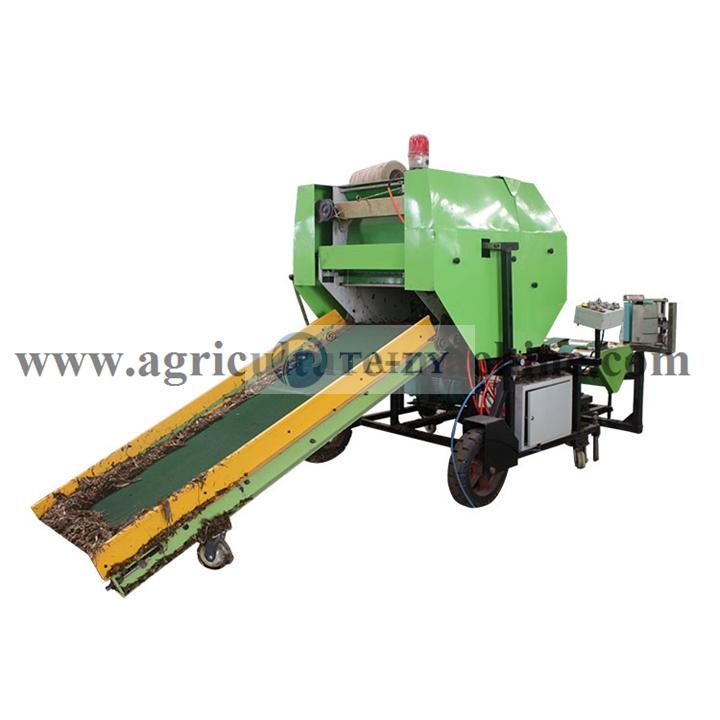With the rapid development of animal husbandry in the national economy, the problem of grass industry is the shortage of green fodder and the low utilization rate of roughage. This has become an important limiting factor that seriously hinders the development of animal husbandry. In order to make the forages more effective in the breeding, it needs to combine the cultivation and production of the forages with the scientific and orderly preservation and processing. Besides, it is necessary to use a silage baler to rationally use these grasses.

The importance to develop forge planting technology
Of course, the development of high-quality forage planting technology is also important. It is not only related to the rational use of high-quality forage, but also the sustainable development of animal husbandry. It is of great significance for promoting the adjustment of agricultural industry structure and social and economic development.
Fermented biological straw feed
In today’s market, the survival and development of an enterprise depend on its competitive advantage that can be achieved by its technological innovation. How to use straw reasonably is a major issue. In addition to using silage baler to store feed, we should continuously research and develop a new type of feed that is suitable for cattle and sheep, that is, fermented biological straw feed.
Economic benefits of fermented biological straw feed
The test proved that the fermented biological straw feed has increased nutrients and improved palatability. The feeding rate and absorption rate of cattle and sheep are increasing with low production cost, In addition, it improves the milk quality and it is easy to be accepted by farmers. According to the experimental calculations, it brings the great benefit for farmers.
New feed must be closely integrated with the breeding industry
In view of the seasonal characteristics of fermented biological straw feed,
in order to make full use of straw resources to produce more meat and milk products, it must be closely integrated with the breeding industry. It is conducive to dissolving food security risks, solving environmental pollution caused by straw burning. Meanwhile, it can ease pressure on land resources, and increase farmers’ income. According to estimates, the use of one-third of China’s straw resources for industrial operation will add more than US $ 28.2 billion in national economic income.
